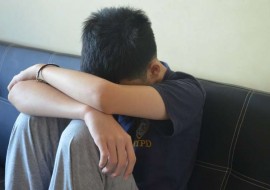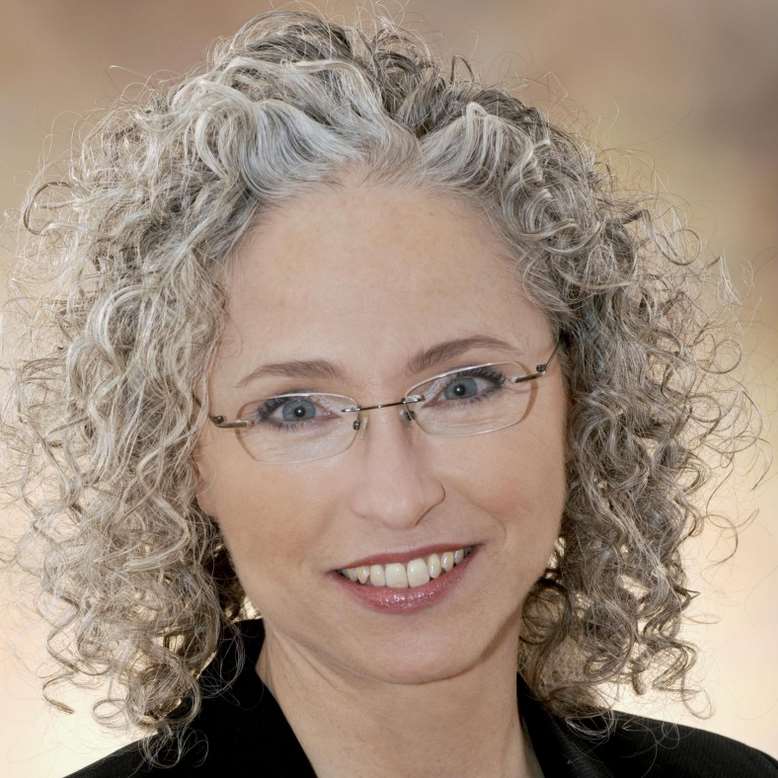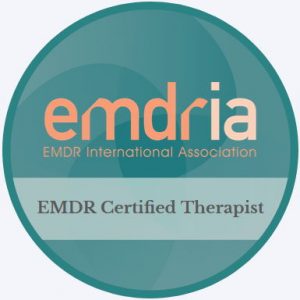Symptoms of Depression
The National Institute of Mental Health (NIMH)1 provides this list of symptoms:
* People with depressive illnesses do not all experience the same symptoms. The severity, frequency and duration of symptoms will vary depending on the individual and his or her particular illness.
* Persistent sad, anxious or “empty” feelings
* Feelings of hopelessness and/or pessimism
* Feelings of guilt, worthlessness and/or helplessness
* Irritability, restlessness
* Loss of interest in activities or hobbies once pleasurable, including sex
* Fatigue and decreased energy
* Difficulty concentrating, remembering details and making decisions
* Insomnia, early–morning wakefulness, or excessive sleeping
* Overeating, or appetite loss
* Thoughts of suicide, suicide attempts
* Persistent aches or pains, headaches, cramps or digestive problems that do not ease even with treatment
Statistics for the United States
The estimated one-year prevalence of depression is 7.1% of the population.2 According to the World Health Organization (WHO), globally, “more than 150 million people suffer from depression at any point in time; nearly 1 million commit suicide every year.”3 Depression is the leading cause of disability, or lost years of productive life.4 Mental illness accounts for over 15 percent of the burden of disease, more than the disease burden caused by all cancers.2 Despite all this, and unlike cervical, colon, prostate and breast cancer, there are no guidelines for depression screening in primary care settings.
What depression is
It is a treatable, medical illness.
It is still depression, and still treatable, even it if occurs in reaction to a life event.
In some people it is a chronic illness, like hypertension. Just as for hypertension, treatment is lifelong.
It runs in families, although no simple genetic cause has been identified.
With no available medical test, it is diagnosed through clinical interview, clinical observation, and, ideally, family input.
What depression is not
It is not feeling sad for a day or two.
It is not a character flaw.
It cannot be eliminated by willpower.
It is not who you are; rather, it is something that you have.
Treatment for depression is not a crutch.
Treatment for depression
It has been known for decades that the best treatment for depression is a combination of psychotherapy (talk therapy) and medication (Weissman et al, 1979; Weissman et al, 1981).
Psychotherapy for depression consists of education, cognitive-behavioral and interpersonal interventions, and supportive structure. The goals of the combined treatment are symptom reduction, improved coping and problem solving skills, and other goals unique to the individual. Ultimately, treatment for depression should increase your ability to manage the illness on your own.
Antidepressant medication affects the neurotransmitters in your brain to reduce or eliminate symptoms. There are many different antidepressants. You and your psychiatrist will work together to find the best medicine with the fewest side-effects for you.
If you have depression and are not being treated, you are suffering unnecessarily. Relief is available. Contact me or talk to your family doctor.
References
- http://www.nimh.nih.gov/health/publications/depression/symptoms.shtml
- http://www.nimh.nih.gov/health/statistics/index.shtml
- http://www.who.int/whr/2003/chapter1/en/index3.html
- http://www.who.int/mental_health/management/depression/definition/en/
Weissman MM, Prusoff BA, Dimascio A, Neu C, Goklaney M, Klerman GL. The efficacy of drugs and psychotherapy in the treatment of acute depressive episodes. Am J Psychiatry 136(4B):555-558, 1979.
Weissman MM, Klerman GL, Prusoff BA, Sholomskas D, Padian N. Depressed outpatients. Results one year after treatment with drugs and/or interpersonal psychotherapy. Arch Gen Psychiatry 38 (1):51-55, 1981.
copyright Ann-Marie Codori





